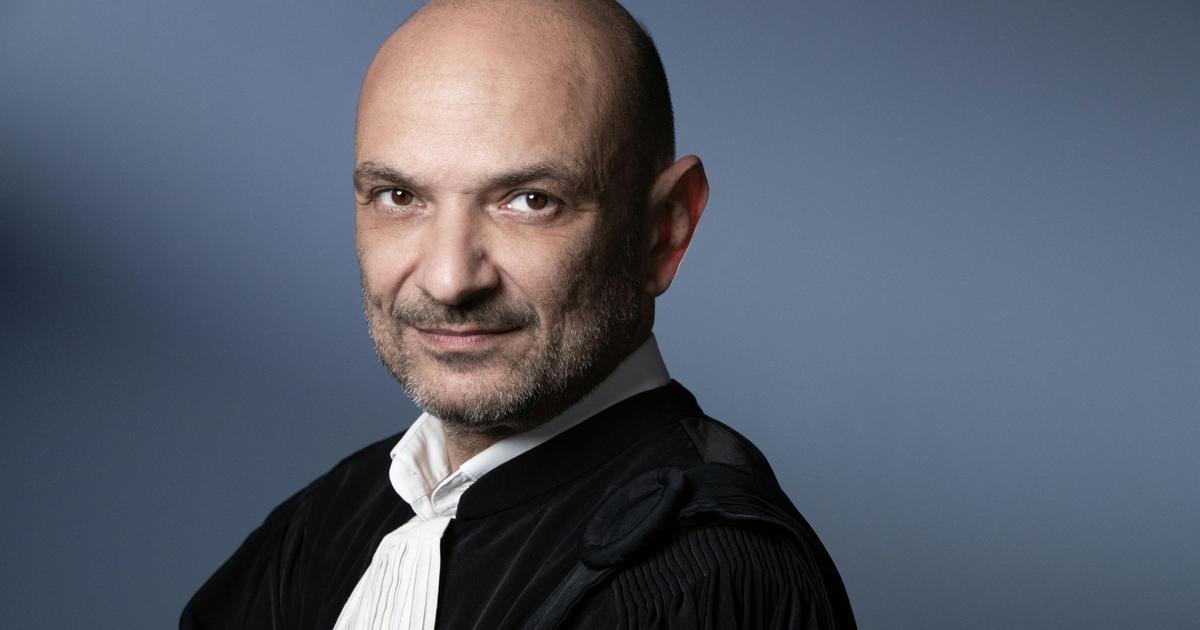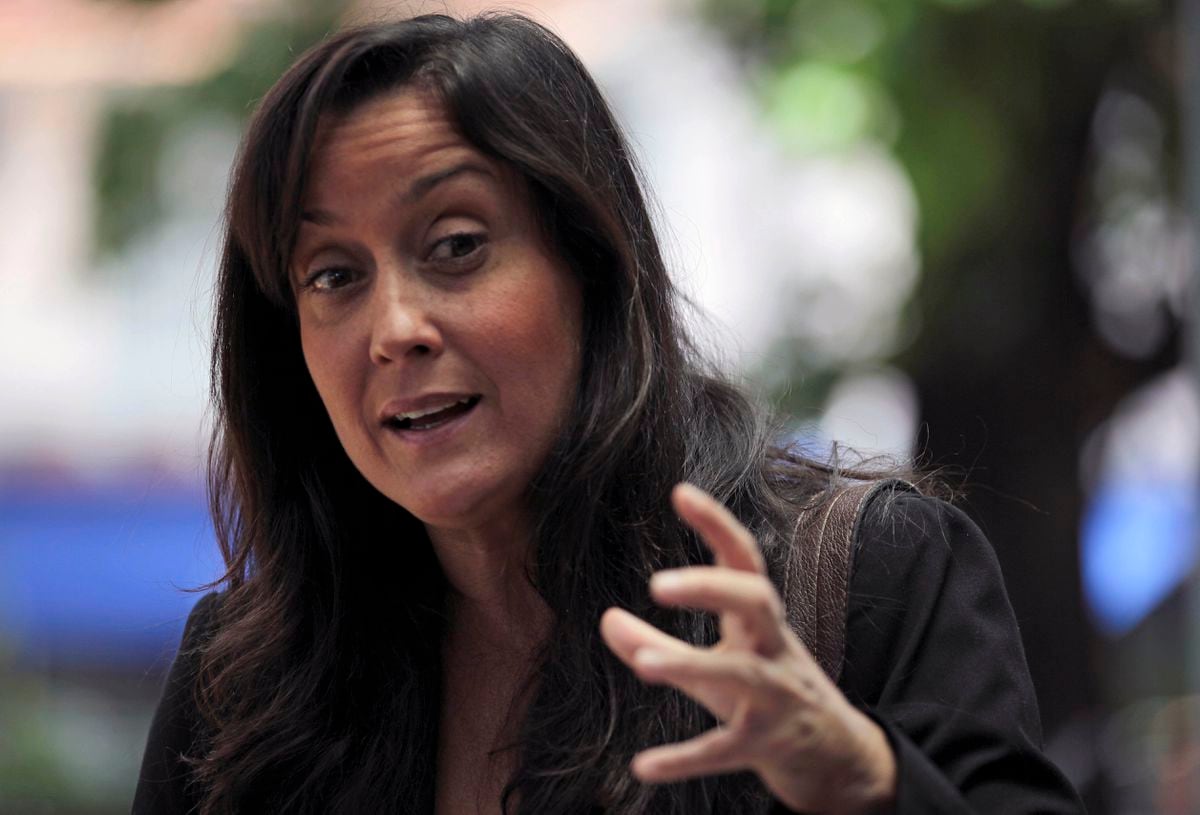Enlarge image
Tatjana Turanskyj died on Saturday at the age of 55.
If there is such a thing as an icon of female non-conformity in the younger German cinema, then it might be Mira Partecke as »Greta M.«, the inflexible heroine in Tatjana Turanskyj's feature film »A flexible woman«, which premiered at the Berlinale Forum in 2010. Still drunk, she stands in a black trouser dress and an even blacker leather jacket, with long chains in her ears and residual glitter eyeshadows, on a harvested field. A steadfastly staggering figure in a wasteland that has not yet been functionalized again, failed due to the specific conditions of successful female designs in flexible capitalism.
Greta M. is unemployed, with what the rental text beautifully said, "a fragile architect's biography". She is 40, the mother of a son who doesn't like to hang out with losers, without a rich guy in the background who could find her a place in the "additional earners society" and who has no desire to add any more townhouses to the new Berlin center or prefabricated houses in the call center for sale. Greta's party is over, her formerly utopian dreaming fellow students are now doing decoration or care work for their more successful men, their own job has been saved in the global competition, during application training she gossips: "I would be a challenge for your team!"
Tatjana Turanskyj, the film's writer and director, was both a challenge and an enrichment for German cinema and its inflexible contexts.
She came to film unorthodox through theater work and performance art, and has repeatedly worked in collectives.
In the end, however, she founded her own production company in order to occupy at least one of the key positions in enabling female designs for German cinema.
Turanskyj died last Saturday at the age of 55 after a serious illness.
Between emancipation and adjustment pressure
Her initiative in the “Pro Quote Film” movement for more female participation in front of and behind the camera, as an expression of gender equality and diversity, she did not want to see understood as a minority “networking”, but as a clear call for laws and quotations: Where If there is no systemic active demand for new perspectives, role models and aesthetic experiments, no hidden potential will develop.
Turanskyj's own films, financed by women with the usual minimum budget for directing work in Germany, have made this potential visible in a dazzling, controversial and often funny way. Her heroines are on experience-saturated trips through absurd image and text landscapes that are shaped by the contradictions of the simultaneous pressure to emancipate and adapt: Mira Partecke as a drinking architect on wastelands in Berlin's new center; Julia Hummer as an unsuccessful actress who plays through male fantasies as a sex worker (“Top Girl or la déformation professional”, 2014); Nina Kronjäger, who documents refugee camps in Greece and at the same time photographs playgrounds for parent-child magazines (“Disorientation is no crime”, 2017).
Turanskyj choreographed these fragments of female life plans as discourse films in which feminist positions of varying flexibility are negotiated.
She has sometimes been reproached for spelling out images of women: sex workers, Berlin-Mitte mothers who roll their prams through monitored private streets, the cynical journalist who meets a young activist who lives on her parents' money.
For the filmmaker, however, it was precisely a question of naming unambiguously: »Conservative emancipations«, that is, emancipations according to the specifications of the system, do not change the system, every crisis hits women harder than men, and the prevention of female creativity in the cinema has one too long continuity.
Resonance space for the directors in front of her
When Turanskyj presented »Pro Quote Film«, the first study on the desolate situation of women directors in the German film system at the 2014 Berlinale and derived the initiative's quota requirement, not all established women filmmakers agreed. Many had been admirably stubborn or maximally flexible in the unjust system and did not want this performance to be degraded by quotations.
For Tatjana Turanskyj, these different positions could be discussed and negotiated. The only thing that was out of the question for them was a film funding system that was exclusively controlling and non-transparent and at the same time required maximum flexibility. As she herself said: "Papa's cinema is already dead, and Mama's cinema has to die too!" An important inspiration for all subsequent diversity agents.
Turanskyj repeatedly pointed out that “Pro Quote Film” ultimately denounced the same grievances as the filmmakers of the 2nd women's movement, who in 1974 organized around the magazine “Women and Film”. The director therefore built a resonance space for them in her films: Greta M. staggering between the fixations not only cites the main character from Ulrike Ottinger's "Portrait of a Drinker" (1979), but also the heroine from Helke Sanders' roaming through Berlin. »The all-round reduced personality« (1978).
As a professor for "digital authorship" (according to her own interpretation) at the HfG Offenbach, Turanskyj was able to inspire many students to be creative with inflexibility. The fact that her own work has remained narrow is an expression of a system that does not know what it has in its creatives and that, puzzlingly, has little curiosity for specific experiences and the aesthetic perspectives developed from them.















